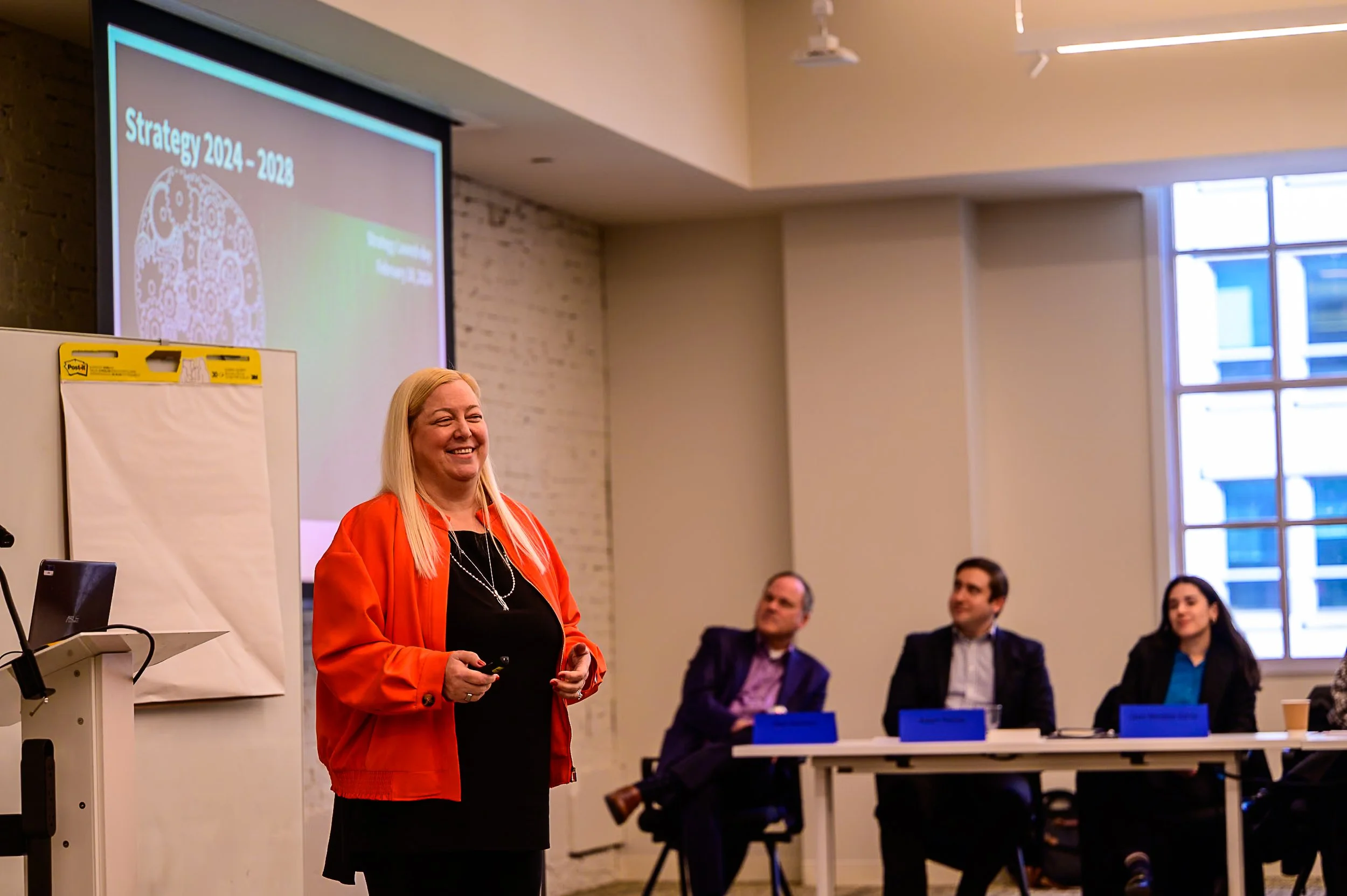Experiments in Homeland Security
Steve Kelman, of the Kennedy School, recently wrote a blog on FCW's The Lectern suggesting an experiment to see whether providing dramatically increased resources for managing services contracts would improve contract cost and performance. “Take a group of contracts and increase the number of contract management bodies devoted to the contract, say by threefold. Then take a control group of other contracts and don't change how they are managed. Look two years later and see if the first group have evolved in a more positive way than the second.”
Almost every time I read a GAO report about a major homeland security program that is facing challenges, one of the recommendations usually seems to be about the Government building a much larger staff. But, does this work? I digress…
My larger point is that there are not enough experiments in Government, and more specifically, in homeland security.
Experiments do not connote taking unnecessary risks. Rather, it requires ingenuity, creativity, and innovation.
Homeland security is often a massive undertaking – security at our nation’s checkpoints, response to disasters, identifying unauthorized immigrants at and between our ports of entry. The Government often talks, therefore, about risk management because it is impossible to open 100% of cargo containers that enter the country. It is impossible to identify what is next for checkpoint security after liquids and shoes.
We need more experiments to apply risk management principles to aviation security, to border security, and to immigration enforcement. We need more experiments in acquisition strategies, contract management, performance measurement, information sharing, and public outreach. We need more experiments before we invest $100 million in the next major information technology system to automate health records for immigration detention facilities or spend $1 billion to build more fencing or install integrated fixed towers along hundreds of miles at our borders.
Let us experiment with different ideas. Get suggestions from your teams. Test the most surprising ideas. Let us see what works. We should not boil the ocean.
What experiment will you try this year? How will you reward innovation?





















